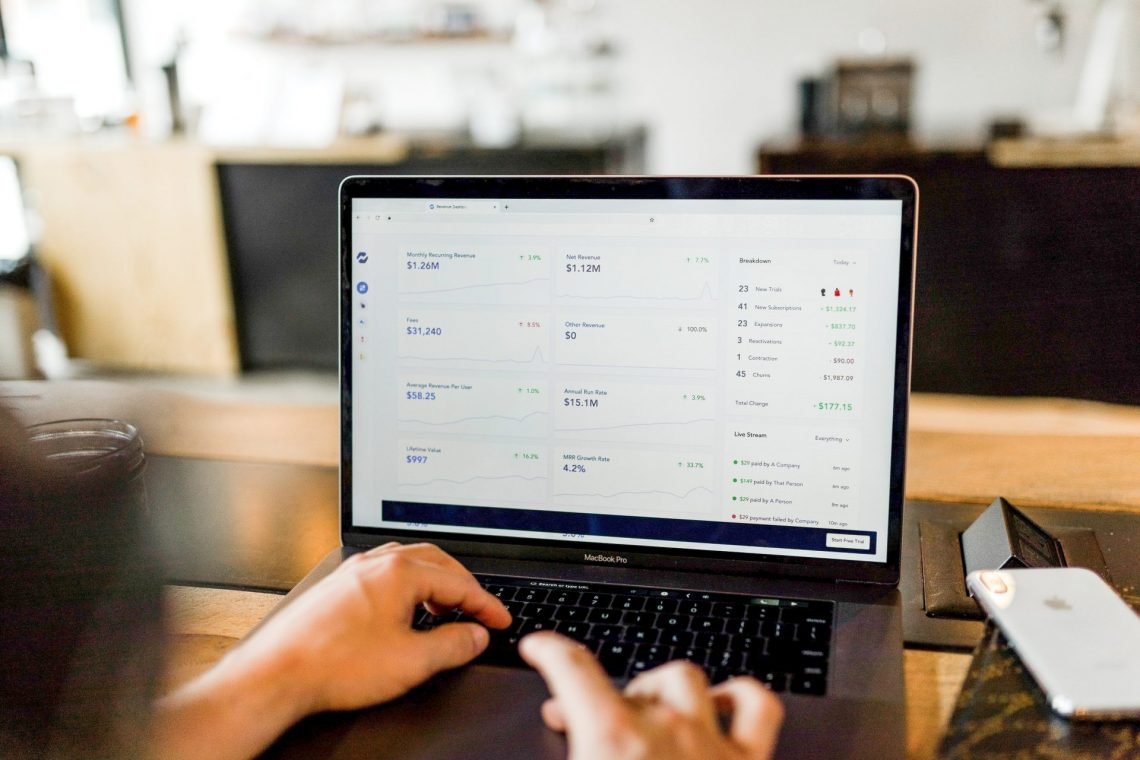Exchange Traded Funds, or ETFs, are often cited as a lower-risk, lower-cost alternative to mutual funds and index funds. Here’s a little bit more information about them.
Start talking about mutual funds, index funds and ETFs and most people’s eyes glaze over. Too complex, too nebulous, too boring.
But don’t kid yourself. It’s worth finding out a little bit more about them.
So what is an ETF?
Like an index fund, an ETF is an instrument which bundles together securities to offer investors a diversified portfolio.
They are available for a broad range of assets including Australian shares, international shares, commodities, precious metals, fixed income products and foreign currencies.
As they track an asset or market index, ETFs are usually defined as ‘passive’ investments.
ETFs can have lower fees than a traditional managed fund as they often trade commission-free.
So, while they’re not trying to outperform the market, ETFs can provide investors with a benchmark return at minimal cost.
Types of ETFs
There are three types of ETFs you should know about – the physical ETF, the synthetic ETF, and the active ETF.
Each one offers different risks and rewards.
Physical ETFs buy shares and other assets on the reference index that the ETF is seeking to track. If you invest in a physical ETF, you won’t actually own these shares or assets.
Instead, you will own the shares in the ETF. However, as these are obviously linked, your main investment risk lies in the performance of the underlying shares or assets.
Synthetic ETFs include a material exposure to derivatives, as well as the underlying assets that the ETF is seeking to track. So, while they have the same benefits and risks associated with physical ETFs, they can come with additional benefits and risks.
Active ETFs are underpinned by a fund manager actively trying to outperform the market or index.
Sometimes referred to as exchange traded hedge funds, active ETFs come with higher risks than other ETFs.
They do however maintain a reputation of being low-cost, while introducing the potential for attractive returns.
ETF FTW?
Now that you now know the basics, what next?
Well, like any investment, you need to do your homework before you lay down your cash.
ETFs may have lower fees than other managed investments, but management fees can vary and could be higher than the fees of an equivalent index fund.
In addition, while ETFs are generally considered a suitable option for balanced portfolios, they’re not entirely risk-free and are heavily reliant on the performance of the commodity or asset being tracked.
So, as always, do your homework and when you’re ready, come in and weigh up the options with us.
Disclaimer: The content of this article is general in nature and is presented for informative purposes. It is not intended to constitute financial advice or a recommendation and may not be relevant to your situation or circumstances. Before taking any action, consider your own particular circumstances and seek professional advice. This content is protected by copyright laws and various other intellectual property laws. It is not to be modified, reproduced or republished without the prior written consent of Finance Matters.



